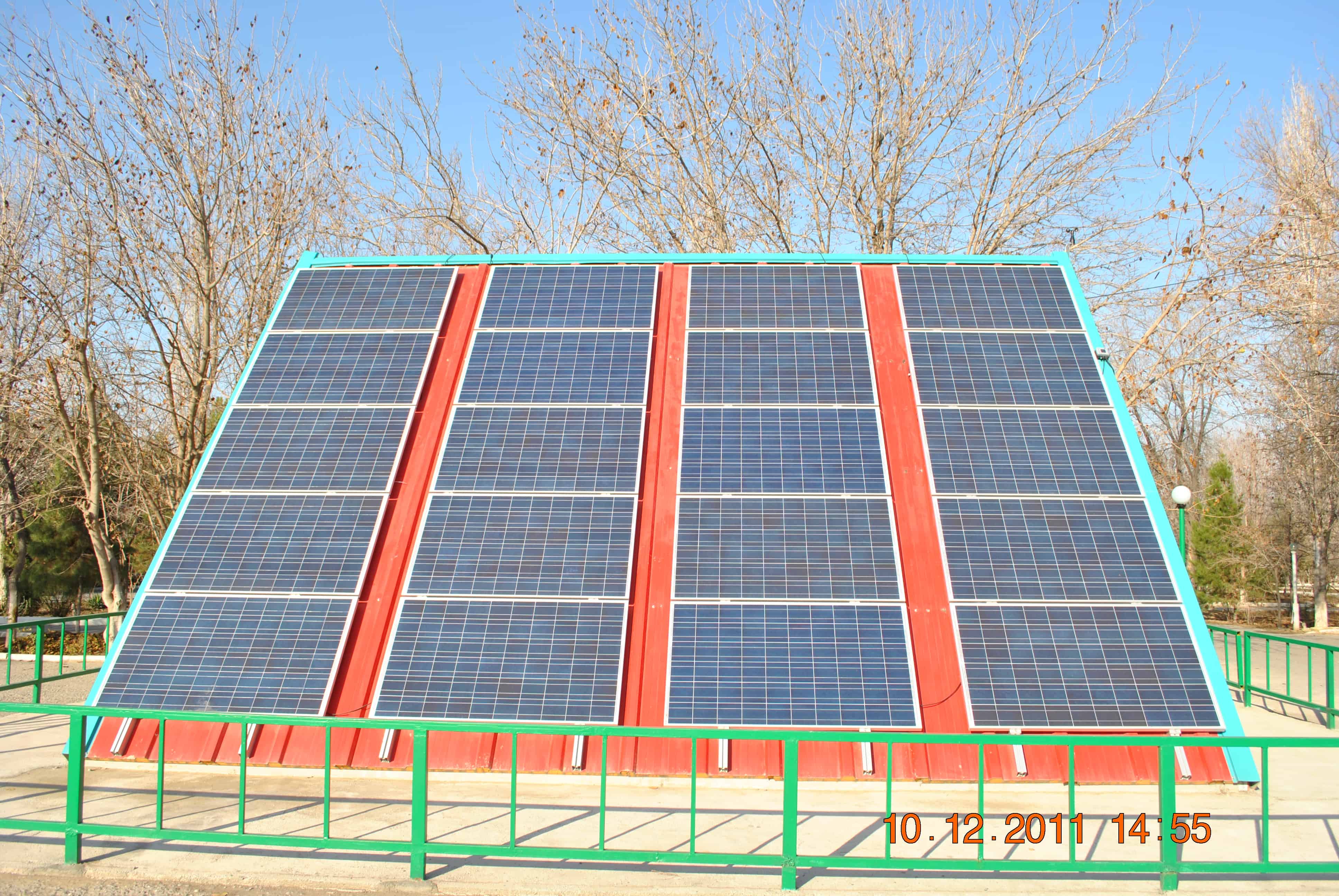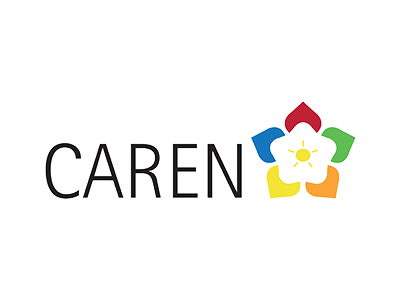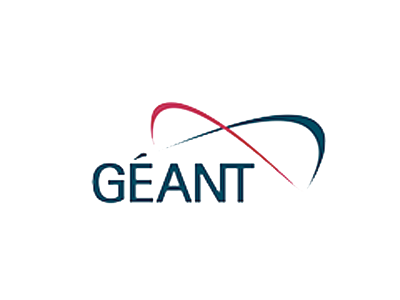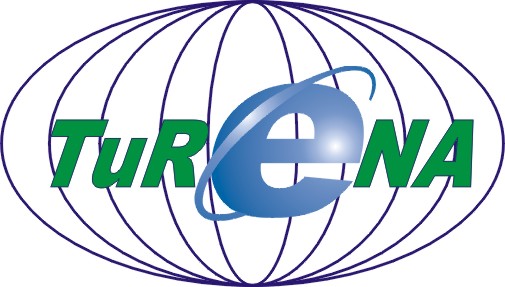
Harnessing Turkmenistan’s sunshine
Given its climate, with an average of 7.4 hours of sunshine per day, the government of Turkmenistan has made solar power its strategic focus. To develop the engineering skills and technology needed to harness the power of the sun, the country is working closely with European experts to deliver distance learning, skills transfer and solar cell performance monitoring. All of this information and data exchange relies on the high speed, capacity and reliability of the Central Asian CAREN and pan-European GÉANT research networks, enabling seamless intercontinental collaboration.
R&E networks bring Europe and Turkmenistan together to deliver green energy
The centrepiece of the Turkmen solar programme is the Gün (Sun) Institute in Ashgabat. Created by the Turkmenistan Academy of Sciences, it aims to become a centre of excellence for Central Asian renewable energy. The Academy also runs the TuRENA academic network that interconnects to CAREN.
Collaboration to transfer solar technology skills
Solar collaboration began in 2009 with a three year, EU-funded TEMPUS project. This brought together experts from universities in Spain, Germany, and Portugal, sharing know-how with their counterparts at the Gün Institute. It aimed to bridge the skills gap, training local engineers through distance learning as well as laying the foundations of larger scale international collaboration.
Given Turkmenistan’s unique sunny but dusty climate, European partners benefit from the chance to study how solar technology performs in a completely different setting. This two-way collaboration helps both sets of participants move forward solar power research.
Real-time performance monitoring
The project’s first objective was to study the local performance of solar technology through the Gün Institute’s Solar Pavilion which provides a real-time testbed to study the effects of temperature, radiation, wind speed and dust on energy production. An integral web box measures data on metrics such as humidity, solar strength, power output, temperature and atmospheric conditions. Sharing this information with European researchers continuously during daytime hours is vital, allowing real-time operational changes to be made locally to the equipment to maximise performance. CAREN and GÉANT provide the regional and international links to safely transfer this data in real time from TuRENA to European researchers, without any interruptions, network congestion or data loss that could disrupt results.
e-training: taking the distance out of distance learning
The project used the knowledge gained through performance monitoring to create e-sapak, an ICT-based e-learning platform that allows specialists from Europe to train local engineers in solar technology skills. Through e-sapak, which relies on the TuRENA, CAREN and GÉANT networks, the latest content, lessons, video conferencing and learning resources are quickly delivered from Europe to Turkmenistan. Since its introduction over 700 people have been trained, providing a core of skilled local personnel.
A bright future for Turkmenistan
The initial three year TEMPUS project has ended, but the collaboration between Turkmen and European scientists continues to be in full swing. Both groups are studying the performance of the solar testbed, with local students carrying out post-graduate research and colleagues in Europe conducting data analysis to shape future developments. Real-time performance data will be integral to a planned advanced control and monitoring system, which will allow operational changes to be made remotely (from both Europe and Turkmenistan) to ensure smooth running of the solar panels.
Together, the combination of e-learning and monitoring is enabling Turkmenistan to build a vibrant solar power industry. All of this relies on high-speed networks to enable the transfer of knowledge and information, bringing Europe and Turkmenistan together to deliver green energy.
For more information please contact our contributor(s):





